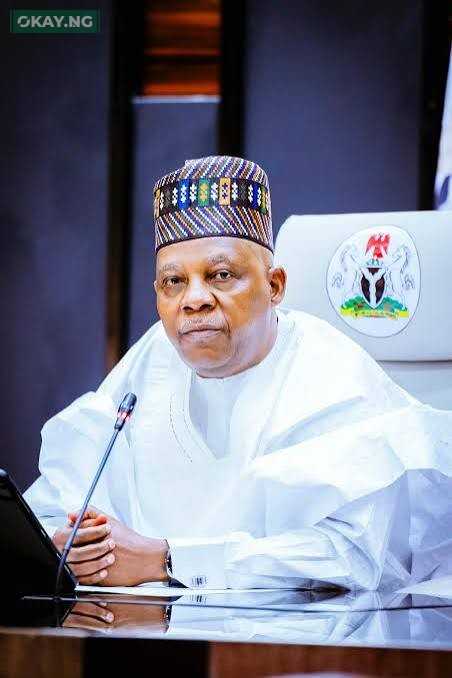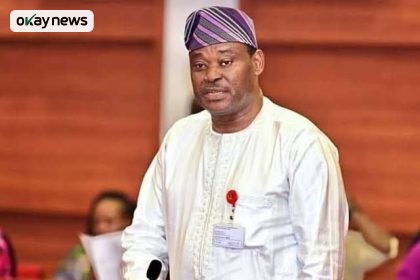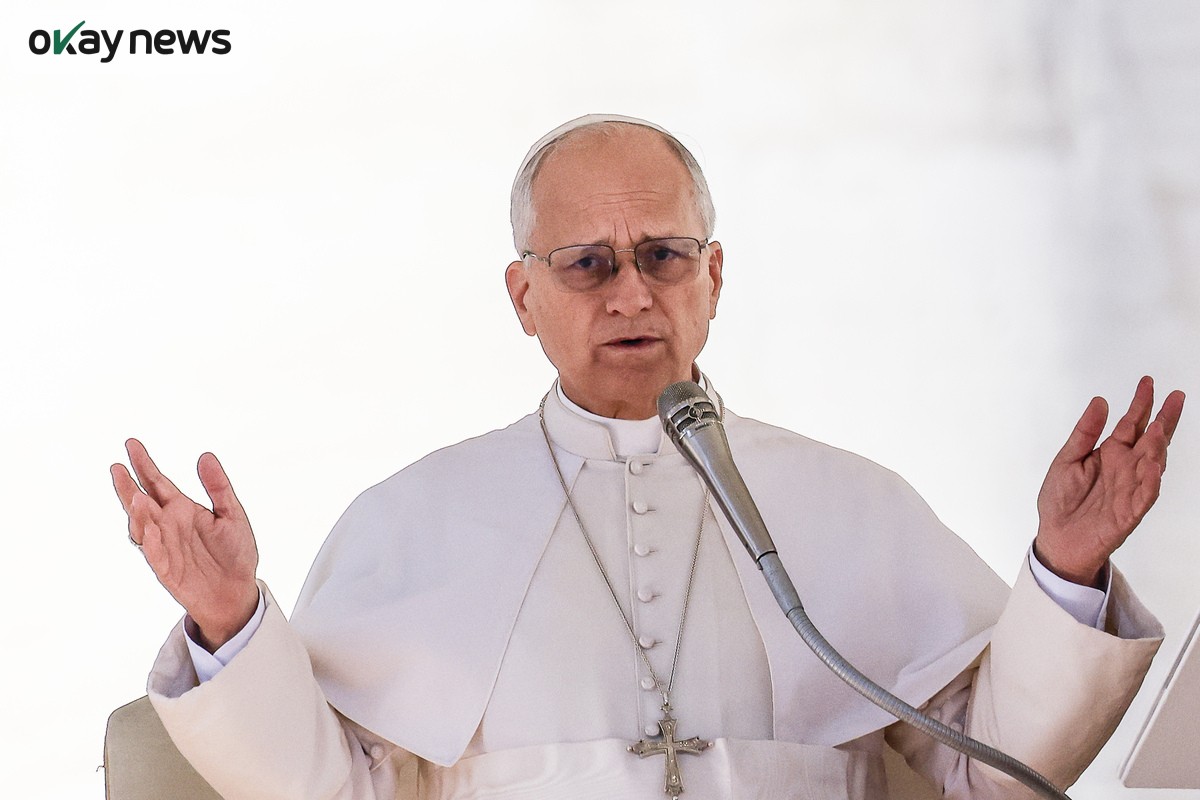The Federal Government of Nigeria on Tuesday announced an ambitious package of agricultural reforms and incentives designed to transform food production, attract investment, and generate more than 21 million jobs nationwide.
Vice President Kashim Shettima presented the plans during the Food and Agriculture Organisation (FAO) Hand-in-Hand National and Subregional Investment Forum in Abuja, where he described hunger as “the great equaliser that reveals our vulnerabilities and the shared fragility of our existence.”
According to the Senior Special Assistant to the Vice President on Media and Communications, Stanley Nkwocha, the initiative will introduce a single-window system for land registration, expand irrigation, strengthen access to agricultural credit, and encourage mechanisation across rural communities.
The Vice President stressed that Nigeria currently irrigates less than 10 per cent of its potential farmland despite possessing the capacity to irrigate over three million hectares. “Strategic investment in irrigation alone could triple yields, free us from seasonal dependency, and fortify our resilience against climate shocks,” he explained.
He further noted that the government’s blueprint, embedded in the National Development Plan 2021–2025, aims to lift 35 million Nigerians out of poverty, expand rural prosperity, and deliver food sufficiency in line with President Bola Tinubu’s Renewed Hope Agenda.
Shettima assured investors that regulatory reforms, public-private partnerships, and digital agri-tech innovations would support the reforms. “Nigeria is open for business, and we are ready to partner with you. Let us work hand-in-hand to build a sub-region where no one goes to bed hungry and agriculture becomes the foundation of prosperity,” he declared.
The Minister of Agriculture and Food Security, Abubakar Kyari, also pointed to Nigeria’s vast arable land, favourable climate, and expanding digital economy as unique opportunities for agribusiness. Similarly, the Minister of Budget and Economic Planning, Senator Atiku Bagudu, said agriculture and irrigation remain central to Nigeria’s economic diversification agenda.
International voices also weighed in. Dr Demba Sabally, Minister of Agriculture, Livestock and Food Security of The Gambia, praised Nigeria’s leadership in rice and cassava production, while Dr Hussein Gadain, FAO Representative in Nigeria and the Economic Community of West African States (ECOWAS), described the Hand-in-Hand Initiative as “a flagship programme aimed at eradicating poverty, hunger, and malnutrition.”
The European Union (EU) delegation head in Nigeria, Gautier Mignot, confirmed the bloc’s recent €80 million investment across seven states, underlining its commitment to supporting Nigeria’s agricultural transformation.
Farmers, however, urged the government to back its promises with concrete action. Kabir Kebram, National President of the All Farmers Association of Nigeria, stressed that policy implementation would be the true measure of success. “You can have a policy but unless you implement it very well, you cannot see the results,” he said.
Peter Dama, Chairman of the Competitive African Rice Forum, Agric, echoed the same concern. “Pronouncements are different from implementation… we are happy if it is actually going to be done and implemented,” he remarked.
The Small-Scale Women Farmers Organisation in Nigeria also criticised past interventions as ineffective. National Secretary Chinasa Asonye said, “One-third of what we have been advocating for has not been implemented… Nigeria currently spends less than 1.9 per cent of its budget on agriculture despite the Malabo Declaration recommending 10 per cent.”
okay.ng reports that these sweeping agricultural reforms are expected to play a pivotal role in curbing rising food prices, tackling unemployment, and addressing Nigeria’s long-term food security challenges.







